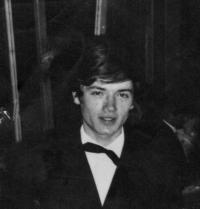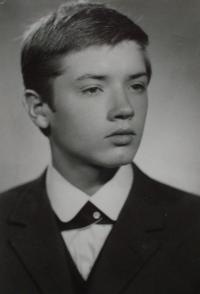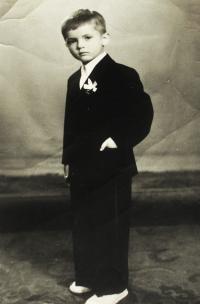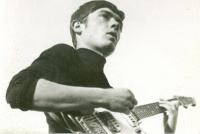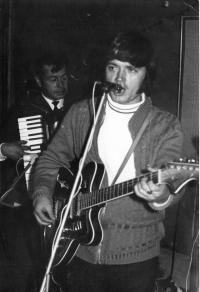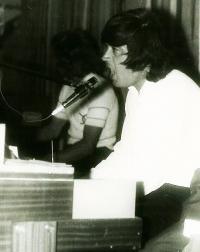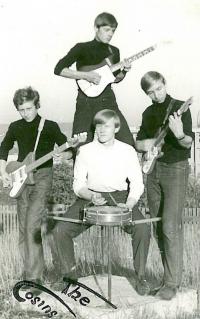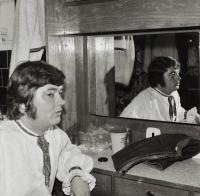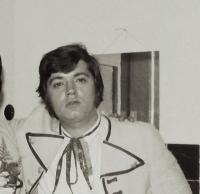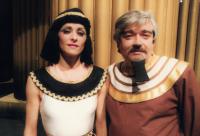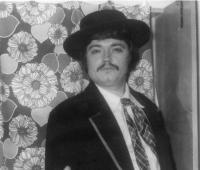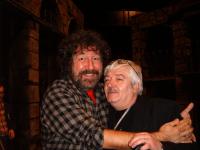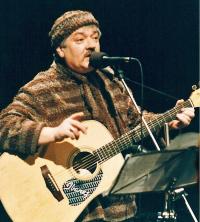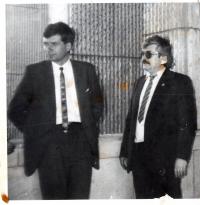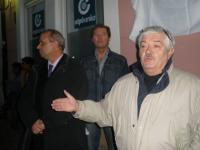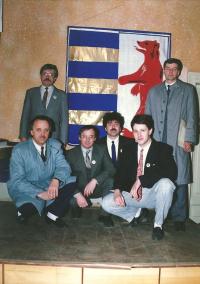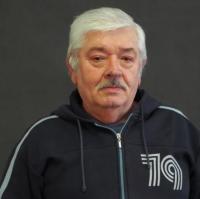I told him: “Laci, don’t go to the Main Street, because the shooting has begun.”

Download image
Jozef Horváth was born in 1949 into an old-bourgeois Košice family. His father was a fashion designer, owning a salon on Main Street, which was later confiscated by the communists. Jozef received musical as well as ballet education and during his early childhood he performed at the State Theatre. His family was very religious. Because of the political situation he was unable to finish the conservatory studies, thus he attended the Secondary Technical School of Metallurgy. After completing his studies, he started to work at the East Slovakian Ironworks. In 1968, when the Warsaw Pact Troops invaded our territory, he was a witness to the shooting of Ladislav Martoník. During the normalization he was active at the Košice music scene and he performed in various music groups. After 1989 he was also politically active and together with Mr. and Mrs. Komárec he founded Forum of Justice. Today he lives happily with his wife in Košice and performs in amateur theatre.
